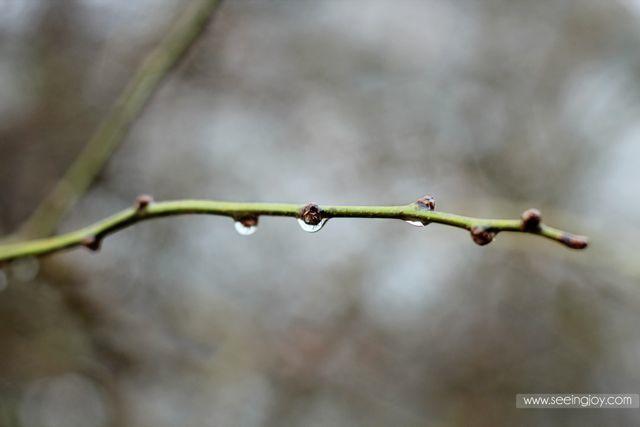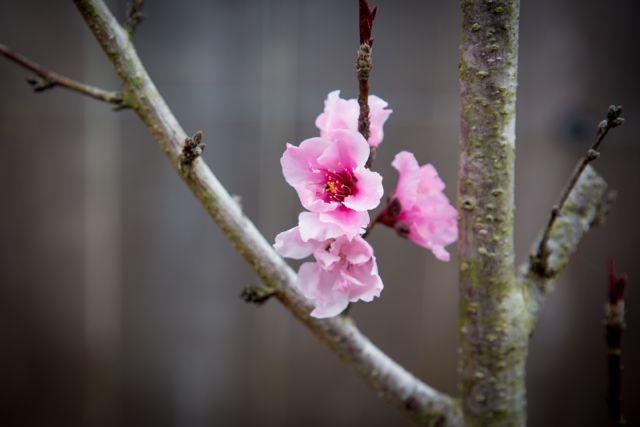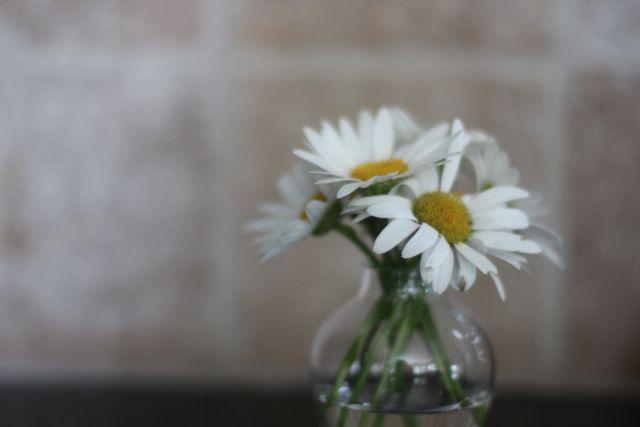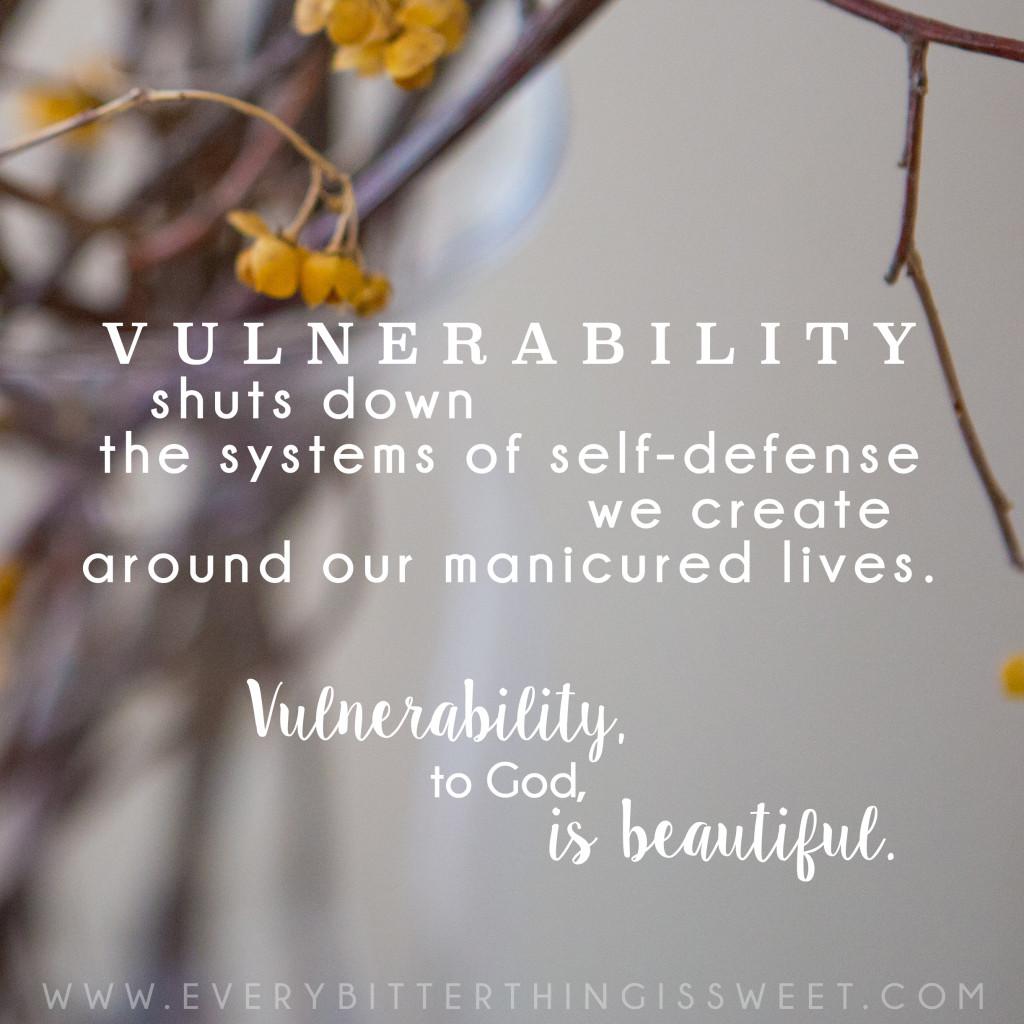A friend (who’d worked at length with children) watched the two of them play innocently in the one small section of the waiting room where we’d told them they could unpack their tote of just a few toys. We’d described to him their first few months at home with with us and he witnessed what we’d said and more. They played without fear and securely under our boundaries, even though we’d not been within immediate reach. They took delight in simple trinkets, but even more in one another, as ones who were already siblings before they became our family. Neither set of eyes was dull, but alive.
“There’s a word for that,” he said. “They are ‘invulnerables’.”
He spoke to what we’d presumed. They were untouchable, unadulterated by loss that had shrouded the years before they could even walk. Our children — former orphans — had been preserved.
And I was relieved.
We’d said ‘yes’ to them knowing what the books said about the possible implications of loss and brokenness, but we hung on to optimism more than we did hope — because optimism is often marked by naiveté, but hope is forged. (We were too new at this to have forged real hope.) She’d always fight for her little brother and lean into me as mommy. He would trust. Their eyes would always be bright with expectation. They were the rare kind of “normal” that gets produced out of abnormality. I thought for sure.
Phew. Both Nate and I knew I wasn’t cut out for layered pain as a new mom. So we called them The Invulnerables and I exhaled.
Until one day we couldn’t anymore.
Growth and time and siblings added to the mix revealed worn edges that two-on-two hadn’t. One struggled to trust. Another to lean in. The brightness in their eyes waned, for a time. A little bit of pressing and we saw tired years behind those wide-smiles and flickering eyes. Life had, in fact, worked them over before we held them for the first time. They weren’t as invulnerable as they once appeared.
{But really — is anyone?}
+++
I cringe, later, at what I’d call an over-share with a new friend sipping coffee. She wasn’t ready for that. I wasn’t ready to say all that. I blush when my child says that thing in that way in public. I don’t want to send the text for the third day in a row that begs “I need prayer” and I feel slightly naked before the friend with two older (read: more composed) children, who stops by unexpectedly and sees my wreck of a house at 3pm on a Tuesday.
I resent the tears I cry over missing my Dad in the middle of someone else’s birthday dinner when I’m reminded that he’s gone.
Who, really, doesn’t want be an ‘invulnerable’?
Most of us have let life and humanity train us into thinking that vulnerability is to be avoided — in us and in others. It’s toxic. We’ve bought into the lie that exposure of the heart — in even the smallest of ways — only brings pain.
The one who makes that 9pm crisis call to friends to say “our marriage is stuck, can we come over and get some help?” wakes up to a morning-after “why didn’t we just resolve it ourselves?” gulp of shame. The 50 year-old woman who musters courage to whisper to her decade-old Bible study group “I’d still like to be married. Would you pray that God would give me a husband?” leaves that night feeling foolish for putting herself out there. The 25 year-old wanna-be songwriter sings the first song he wrote, passionately, before he steps off the stage and makes a promise to himself to never take a risk like that again. The mother of that baby in the NICU — whom the doctors said wouldn’t make it — works up a prayer for healing and asks others to pray with her, only to wish she’d just accepted her lot as the reality of that exposed prayer creeps in and over her. What’s it gonna feel like if He doesn’t “come through”? What will they say about me and my wild prayers? she thinks.
We’d all like to climb out of those few circumstances that somehow slip past the gate of invulnerability we so fiercely guard because we’ve only been trained to know the downside of vulnerability — the human side of vulnerability.

When the first two we adopted stopped living so seamlessly in our world — no longer without a bump or blemish — I coiled. I’d built an understanding of us as family that required them to be invulnerable. They were smooth, easy, and I was safe and unexposed. During those first months after we got our second two children and when the bumps and blemishes began to surface in our first two children, I was terrified. My heart had attached safety to invulnerability and I was now unsafe, by my metric. Their vulnerability — the fact that their past had impacted them in ways I couldn’t easily tidy up — made me feel vulnerable.And I didn’t know what to do with that.
I didn’t know what to do with vulnerability.
It wasn’t all that different than the walk to the car after my “overshare” with a new friend or the way I felt after leaving a baby shower where my barren womb was noted … or when it wasn’t.
Vulnerability shuts down the systems of self-defense we create around our manicured lives.
And vulnerability, to God, is beautiful.
It’s His currency.
I form a language about God and nearness and tenderness, but I’m not sure I’ve ever experienced it independent from my own vulnerability. I talk of Him as a kind Father and a gentle leader, but that language rarely moves to reality without some level of uncomfortable exposure in my heart. I pray for “more of God” but I rarely grow in personal, intimate understanding of Him without, first, wearing the kind of vulnerability that I seem to spend most of my time avoiding.
The invulnerables are impenetrable.
And those who learn to re-set their system in the face of vulnerability — to turn to Him and bury their otherwise-shamed faces in His chest — are the ones into which He reaches. They’re the ones who grow.
I want to be them.
I want to make the call to a friend at midnight because I need help, and turn to Him the next morning when my shame tells me otherwise.
I want to send a dozen texts for prayer and find out how safe it feels to curl up in His lap when that voice in my head tells me I’m a burden in my weakness.
I want to write a book (another one!) that exposes layers of my heart and life I’d feel safer not sharing and see Him wildly celebrating my partnership with Him when my heart starts to shrink back in fear.
I want to pray for my once-barren womb to open again, even past 40.
If the naked exposure of my vulnerability before God means I get to not just see but smell Him and touch Him and be held by Him, I’ll take it.
For Your Continued Pursuit (cause I don’t want you to just take my word for it): 2 Corinthians 4:7 | Psalm 22 | Psalm 34:18 | Isaiah 42:3 | Psalm 31:1-2 | Romans 8:1
The book: Every Bitter Thing is Sweet (Zondervan) is available here.
[ecp code=”EmailSignup”]
(note: if reading this in an email reader, sign-up form will not work. Go to this post itself to sign up.)
First through fourth pictures compliments of Mandie Joy. Fifth picture compliments of Cherish Andrea Photography.




